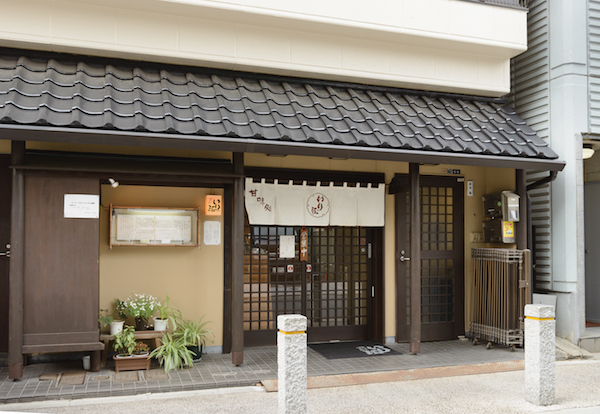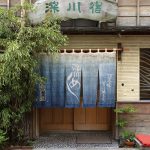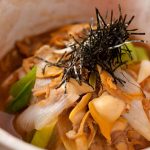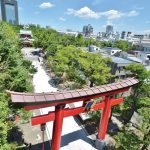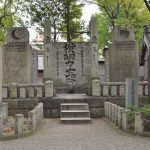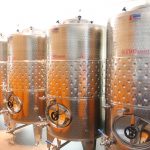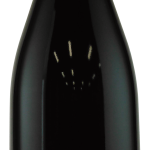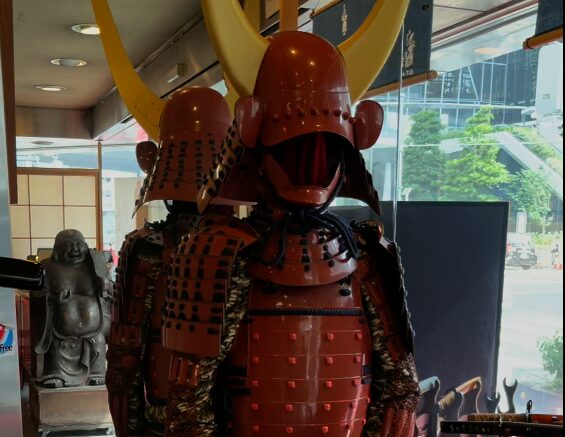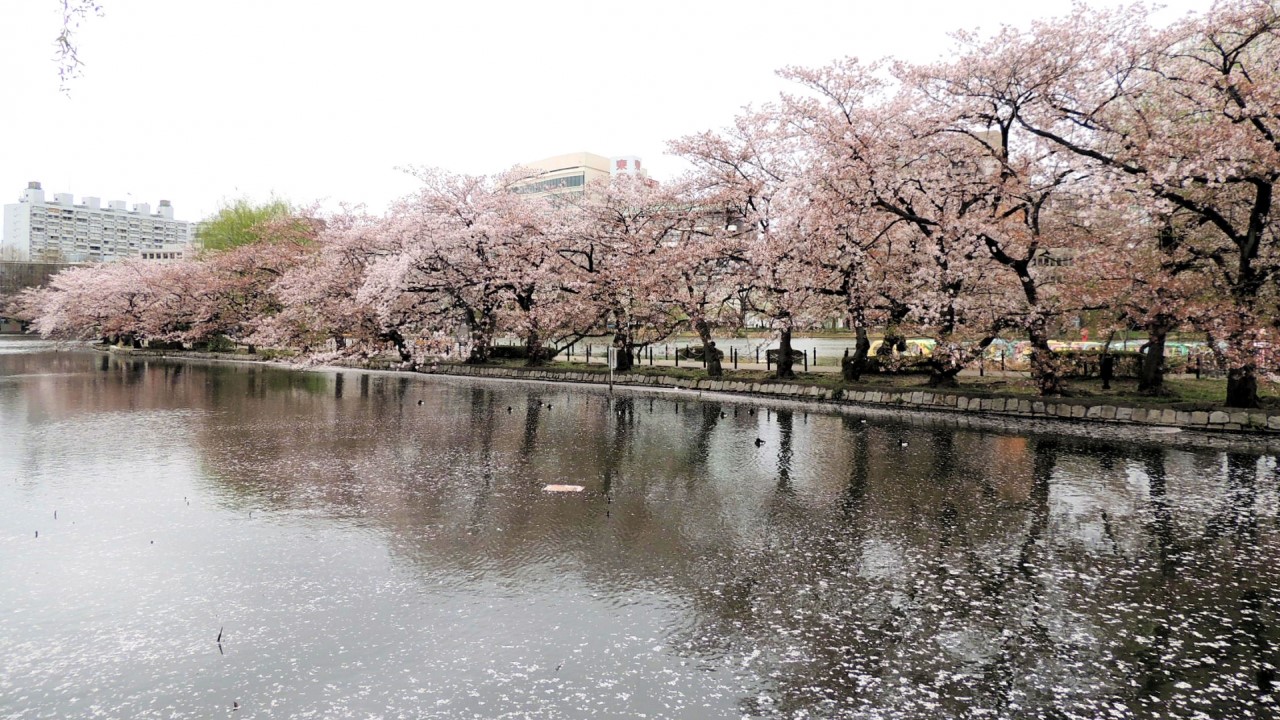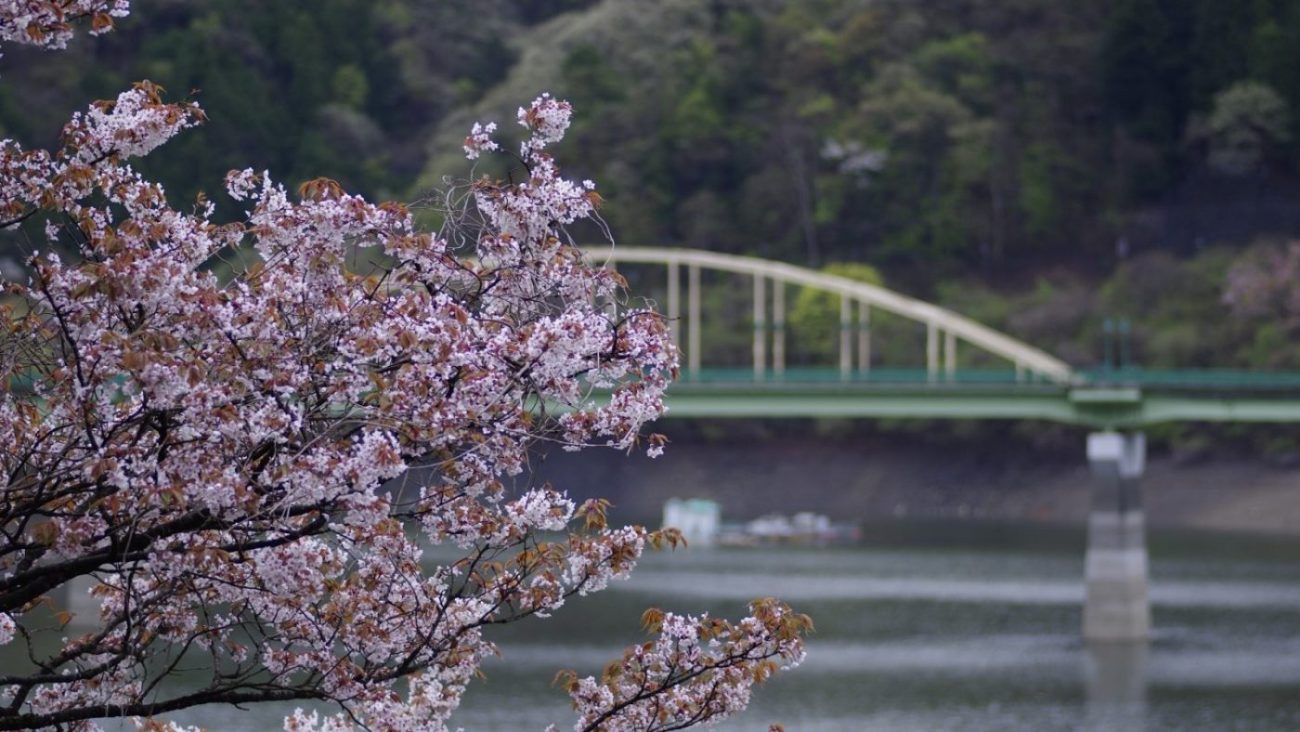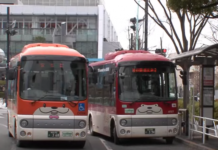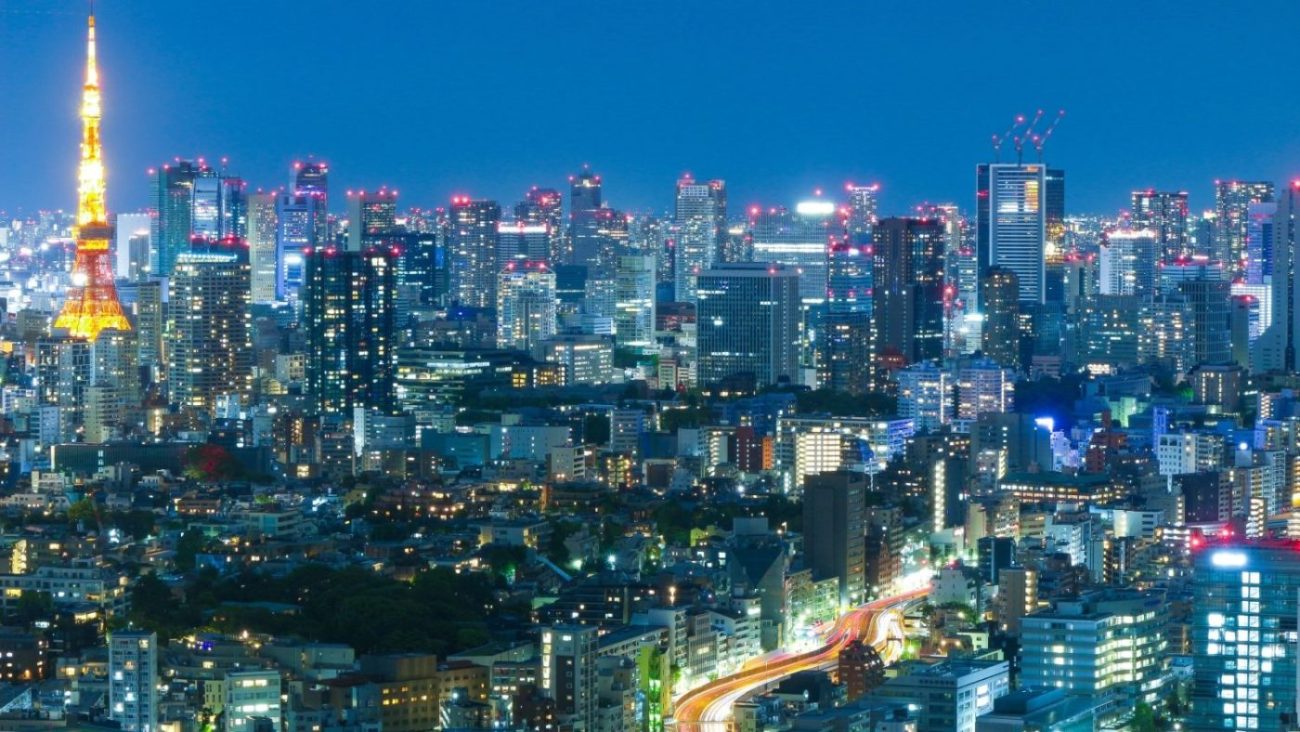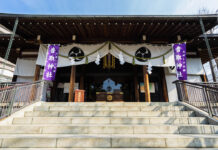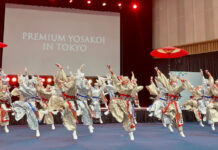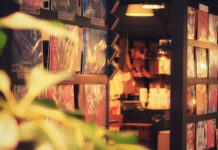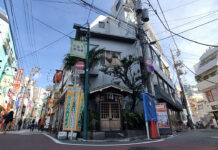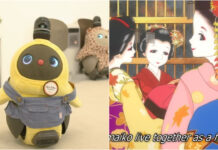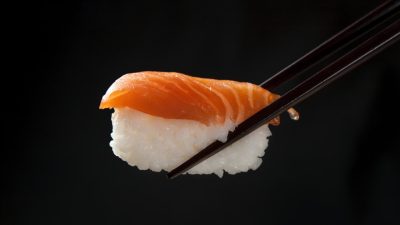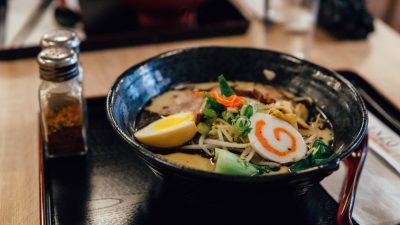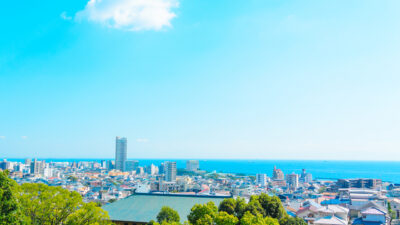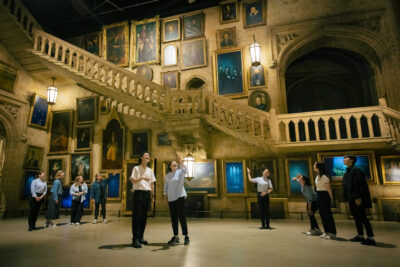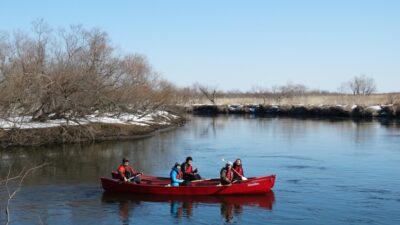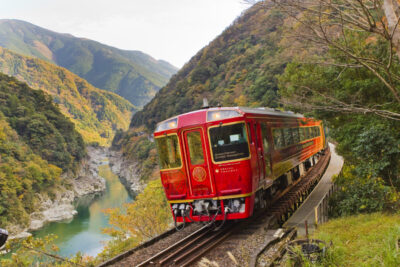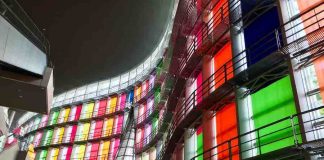A different but traditional Tokyo
Located in a triangle formed by Sumida River, Arakawa River and Tokyo Bay, the Kyosumi-shirakawa and Monzen-nakacho areas are easily accessible by subway. It belonged the Fukagawa ward in the past but now lies in the western side of the Koto ward. To Japanese youngsters, Kiyosumi-shirakawa means a cluster of chic and trendy coffee shops. However, a walk from Kiyosumi-shirakawa to Monzen-nakacho will take you to the nostalgic downtown and transport you back in time.
Monzen-nakacho thrived as a neighborhood frequented by pilgrims hundreds of years ago. It is home to Tomioka Hachimangu, a Shinto shrine with about 400 years of history, and Fukagawa Fudo-do, a temple that dates back to the Edo period (1603-1868). Walking down Jinjo-fakugawa-go-reiki-dori, a path that leads to the prestigious temple, one can still feel the warmth and hospitality of the locals. Despite the neighborhood’s fading glory, its existence is a witness to the spectacular past and the ever-evolving future of Tokyo.
1. Kiyosumi Teien (Kiyosumi Gardens)
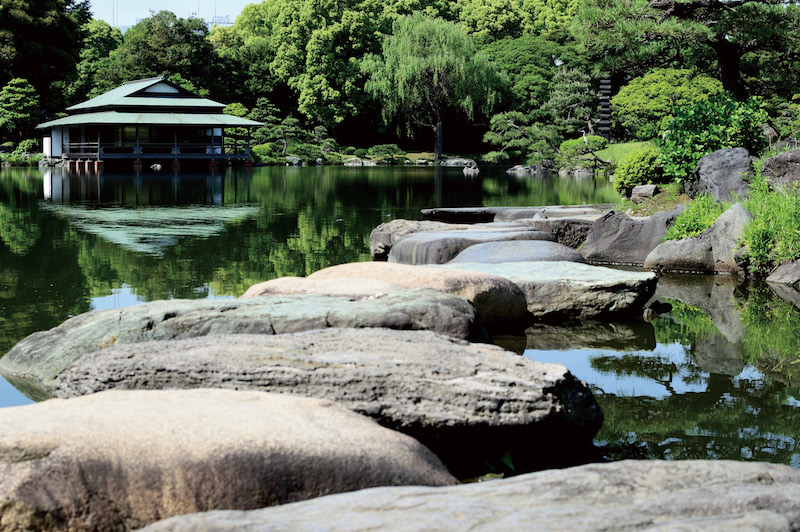 Designed in “Kaiyu-style” in the Meiji period (1868-1912) to facilitate wandering around, Kiyosumi Gardens features a large artificial pond, around which are beautiful man- made hills and rare stones. The garden took its original shape when it served as the residence for the lord of Sekiyado in Shimousa (located east of Tokyo) in Edo Period (1603-1868). Today, all are welcome to this timeless garden for a mesmerizing view of nature. Kiyosumi Gardens, once a getaway for the privileged, is now celebrated as an ideal destination for a quick getaway from the hustle and bustle of Tokyo.
Designed in “Kaiyu-style” in the Meiji period (1868-1912) to facilitate wandering around, Kiyosumi Gardens features a large artificial pond, around which are beautiful man- made hills and rare stones. The garden took its original shape when it served as the residence for the lord of Sekiyado in Shimousa (located east of Tokyo) in Edo Period (1603-1868). Today, all are welcome to this timeless garden for a mesmerizing view of nature. Kiyosumi Gardens, once a getaway for the privileged, is now celebrated as an ideal destination for a quick getaway from the hustle and bustle of Tokyo.
Hours: 9am-5pm (last entry 4:30pm)
Admission: 150 JPY Adults / 70 JPY 65 or over / Free Elementary school students or under
Access: 3-minute walk from Kiyosumi-shirakawa Station (Toei Oedo Line & Tokyo Metro Hanzomon Line)
Address: 3-3-9 Kiyosumi, Koto-ku, Tokyo
2. Fukagawa Edo Museum
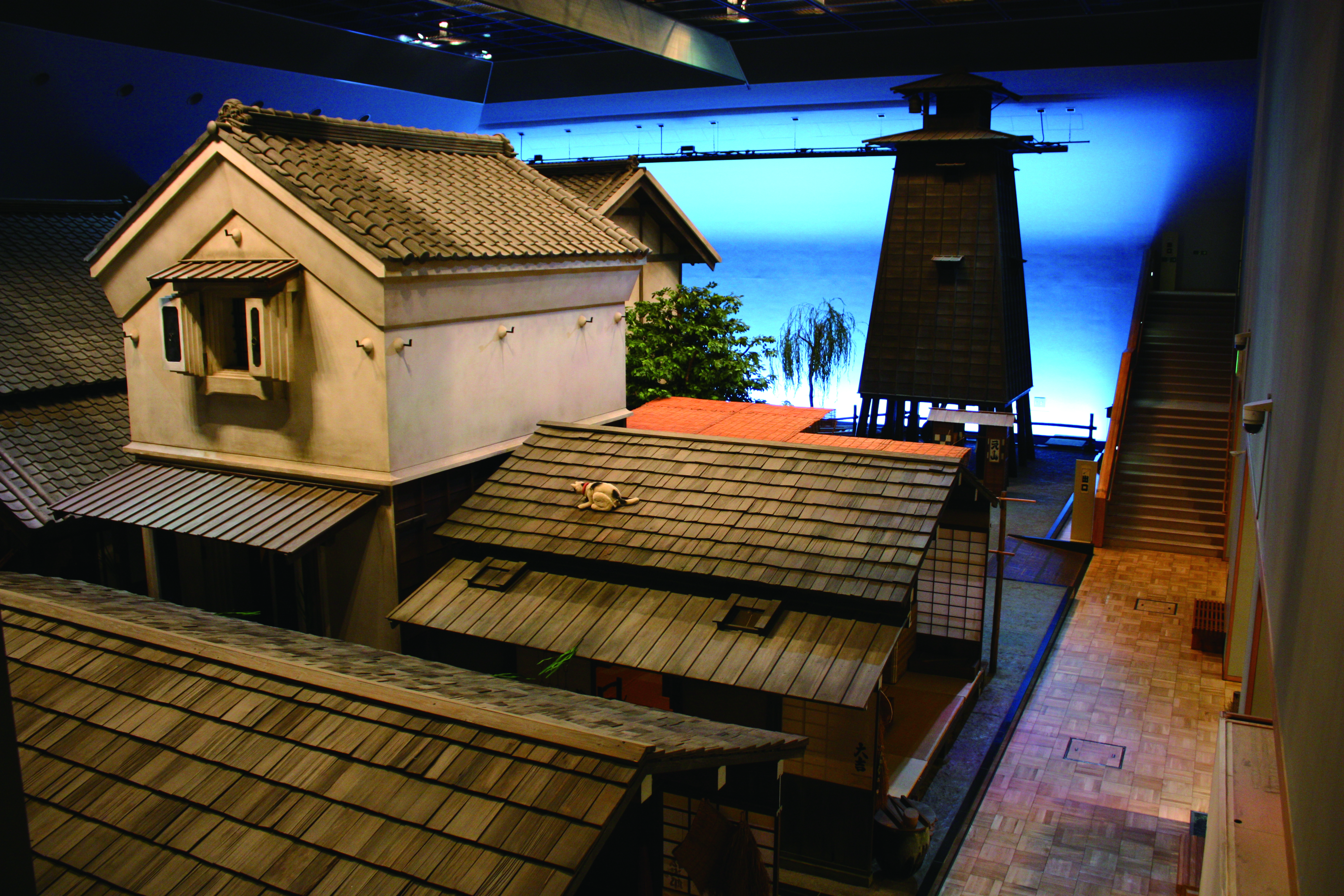 Although Kiyosumi-shirakawa has developed a reputation as a haven for coffee lovers, you can also live a day in the life of an Edo commoner here by visiting the Fukagawa Edo Museum. A trip through its indoor museum which features and actual life-size reproduction of the alleys in Fukagawa Sagacho at the end of the Edo period (1830-1844) is like stepping into a time machine. Venture into the houses and feel what it’s like to be a Japanese citizen who lived 200 years ago. There are many English- speaking volunteers ready to answer your questions and assist you.
Although Kiyosumi-shirakawa has developed a reputation as a haven for coffee lovers, you can also live a day in the life of an Edo commoner here by visiting the Fukagawa Edo Museum. A trip through its indoor museum which features and actual life-size reproduction of the alleys in Fukagawa Sagacho at the end of the Edo period (1830-1844) is like stepping into a time machine. Venture into the houses and feel what it’s like to be a Japanese citizen who lived 200 years ago. There are many English- speaking volunteers ready to answer your questions and assist you.
Hours: 9:30am-17pm (last entry 16:30pm), closed on 2th & 4th Mon & New Year holidays
Admission: 400 JPY high school students and adults / 50 JPY elementary and middle school students,
Access: 3-minute walk from Kiyosumi-shirakawa Station (Toei Oedo Line & Tokyo Metro Hanzomon Line)
Address: 1-3-28 Shirakawa, Kodo-ku, Tokyo
3. Fukagawa-meshi Fukagawajuku Honten
Although Kiyosumi-shirakawa has developed a reputation as a haven for coffee. Fukagawa-meshi is the area’s signature dish and is something you should never miss when in town. The dish was first made as a kind of fast-food for fishermen in Edo-era who sailed to Tokyo Bay to catch shellfish and seaweed. Named as one of the 100 best local cuisines in Japan, this local delight is made by pouring soup with a generous amount of short-neck clams (Asari) onto rice. Miso is added nowadays during the cooking process to give rice a fuller flavor.
Hours: 11:30am-5pm, closed on Mon (or the next day if Monday is a holiday)
Access: 4-minute walk from Kiyosumi-shirakawa Station (Toei Oedo Line & Tokyo Metro Hanzomon Line)
Address: 1-6-7 Miyoshi, Kodo-ku, Tokyo
4. Tomioka Hachimangu Shrine
Founded in 1627, the 390-year-old Tomioka Hachimangu is the largest shrine of its kind in Tokyo. It is known for holding the annual Fukagawa Hachiman Matsuri, one of the three greatest festivals of Edo, along with the Sanno and Kanda festivals. It is also said to be the birthplace of Kanjin-zumo* so the premises have stone monuments inscribed with the names of all the successive yokozunas—sumo wrestlers who have reached the sport’s highest rank. The path leading to the shrine has a nostalgic atmosphere reminiscent of the past. * At the end of the Edo period, the temple started Kanjin-zumo as a way to increase its income.
Hours: 10am-7pm, closed on Wed, summer vacation, New Year holidays and compensatory leave day in lieu of the Golden Week
Access: 3-minute walk from Kiyosumi-shirakawa Station (Toei Oedo Line & Tokyo Metro Hanzomon Line)
Address: 2-13-3 Miyoshi, Kodo-ku, Tokyo
5. Tamakiya

With a history of nearly 100 years, this marvelous kimono shop balances tradition and creativity by making kimonos and accessories out of denim cloth. Tamakiya does not believe that this classic Japanese wear can only be formal and regal. Instead, they explore the idea of casual kimonos with their unique designs. Denim kimonos are the perfect example of how tradition can be matched with innovation. Try some on and see how it brings out your personality.
Access: 3 to 6-minute walk from Monzen-nakacho Station (Toei Oedo Line & Tokyo Metro Hanzomon Line)
Address: 1-20-3 Tomioka, Kodo-ku, Tokyo
6. Kanmidokoro Irie
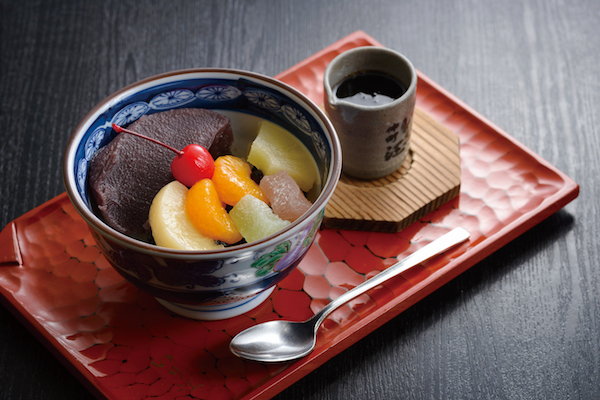 Founded in the Showa period (1926-1989), the shop changed its business from making konnayku and kanten to selling Japanese traditional sweets in the 1970s. Their specialties include anmitsu—a Japanese dessert made with zero-calorie agar, Hokkaido’s Tokachi red bean paste and a good drizzle of black sugar syrup. A tour through the delicious history of Japanese sweets would not be complete without a taste of this scrumptious treat.
Founded in the Showa period (1926-1989), the shop changed its business from making konnayku and kanten to selling Japanese traditional sweets in the 1970s. Their specialties include anmitsu—a Japanese dessert made with zero-calorie agar, Hokkaido’s Tokachi red bean paste and a good drizzle of black sugar syrup. A tour through the delicious history of Japanese sweets would not be complete without a taste of this scrumptious treat.
Hours: 11am-7:30pm (Weekdays) 11:00am-6:30pm (Weekends and holidays), closed on Wed (open if a holiday falls on Wed) and 1st, 15th and 28th of a month
Access: 3-minute walk from Monzen-nakacho Station (Toei Oedo Line & Tokyo Metro Hanzomon Line)
Address: 2-6-6 Monzen-nakacho, Koto-ku, Tokyo
7. Fukagawa Winery
This quaint establishment is nicely tucked in the alleys of Fukagawa with relaxed atmosphere which fits perfectly with the aesthetic of the old downtown neighborhood. In July, the owner opened an outdoor wine garden on the roof of a business building nearby, hoping to introduce the fun and enjoyment of wine drinking to more people. Customers can see the ripening process of grapes hanging on vines—a rare sight at the heart of the city. A visit here will have you coming back again for their unique Japanese red wine.
Fukagawa Winery
Address: 1F Takahata Building, 1-4-10 Furuishiba, Koto-ku, Tokyo
Fukagawa Wine Garden
Address: 3F Akafudaya Fukagawa Shop, 2-10-1 Monzen-nakacho, Koto-ku, Tokyo
Another grand garden at the heart of downtown Tokyo
8. Japanese Sword Museum
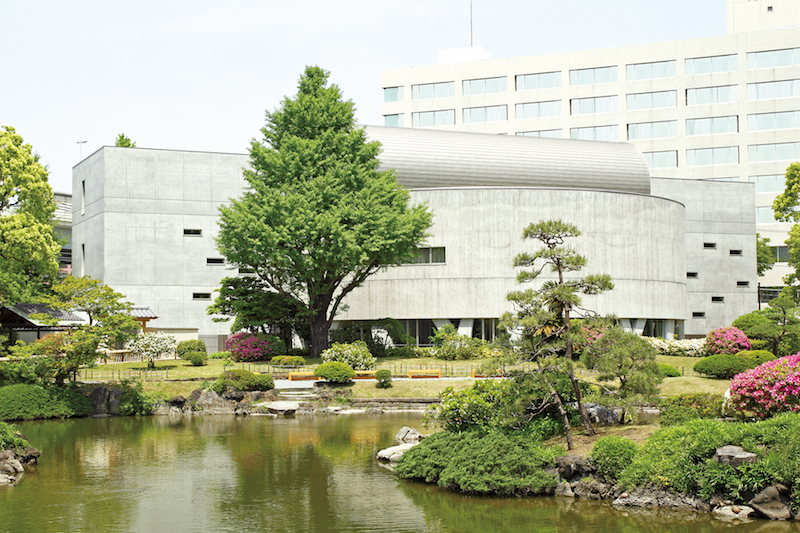 Japanese swords are not only weapons, they also symbolize religion, authority and aesthetic achievement. Right next to the former Yasuda Garden is the Japanese Sword Museum, a place to appreciate the enchanting beauty of the famous Japanese weaponry. These two destinations are strongly recommended for those seeking an unforgettable samurai experience.
Japanese swords are not only weapons, they also symbolize religion, authority and aesthetic achievement. Right next to the former Yasuda Garden is the Japanese Sword Museum, a place to appreciate the enchanting beauty of the famous Japanese weaponry. These two destinations are strongly recommended for those seeking an unforgettable samurai experience.
Hours: 9am-4:30pm (Jan to May, Sep to Dec) 9:00am-6pm (Jun to Aug)
Access: A 5 to 7-minute walk from Ryogoku Station(JR Sobu Line & Toei Oedo Line)
Address: 1-12-1 Yokoami, Sumida-ku, Tokyo
9. Former Yasuda Garden
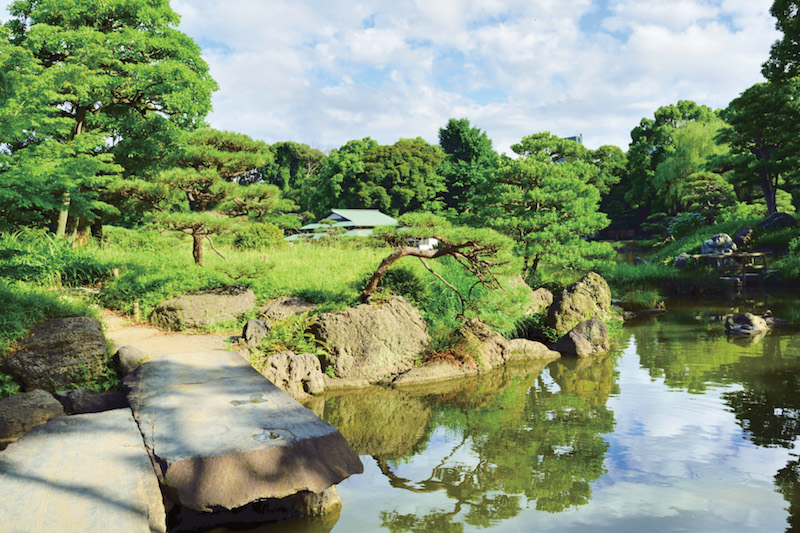 Yasuda Garden is located in downtown shitamachi area and believed to be built by a former lord. The architecture was destroyed by the Great Kanto Earthquake and World War II. After several efforts of reconstruction, the garden has regained its splendor as a “Kaiyu-style” garden marked with classic bridges, and Japanese stone lanterns. The scenery changes with each season, offering visitors a feast for the eyes.
Yasuda Garden is located in downtown shitamachi area and believed to be built by a former lord. The architecture was destroyed by the Great Kanto Earthquake and World War II. After several efforts of reconstruction, the garden has regained its splendor as a “Kaiyu-style” garden marked with classic bridges, and Japanese stone lanterns. The scenery changes with each season, offering visitors a feast for the eyes.
Hours: 9:30am-5pm (last entry 4:30pm), closed on Mon (or the next day if Monday is a holiday), New Year holidays and change of exhibitions
Admission: 1,000JPY Adult / 500 JPY High school and college students / Free middle school students or under,
Access: A 5 to 7-minute walk from Ryogoku Station (JR Sobu Line & Toei Oedo Line)
Address: 1-12-9 Yokoami, Sumida-ku, Tokyo
 0
0

